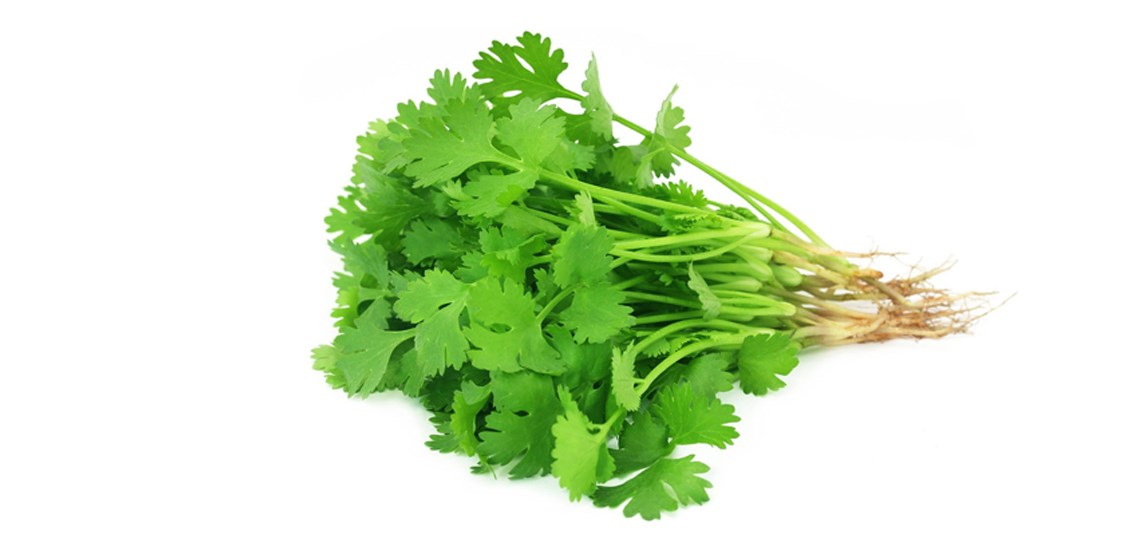Coriander

-
Coriander is an annual, short, fast-growing and herbaceous plant which prefers dry climates and thrives in well-drained soils.
-
All parts of the plant are edible, but the fresh leaves and the dried seeds are the parts most traditionally used in cooking.
-
Leaves of coriander (also known as cilantro in North and South America) have fresh, grassy, lemony taste, while seed have sweet, nutty, warm and orange-like flavour.
-
Coriander provides various health benefits aside from being used as a spice.
-
It has eleven components of essential oils, six types of acids (including ascorbic acid, better known as vitamin C), minerals and vitamins; each having a number of beneficial properties.
-
Its seeds are an excellent source of minerals like iron, copper, calcium, potassium, manganese, zinc and magnesium.
-
As in other spices, coriander is also rich in dietary fibre. 100g seeds provide 41.9g of fibre, much of this is metabolically inert insoluble content.
-
Coriander has anti-inflammatory and anti-septic properties which help to promote the health.
-
It is an excellent source of protein, Vitamin K and C.
-
Dried coriander seeds are one of the common spice ingredients used worldwide.